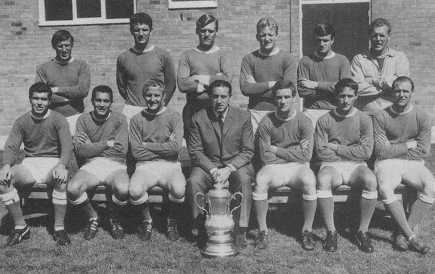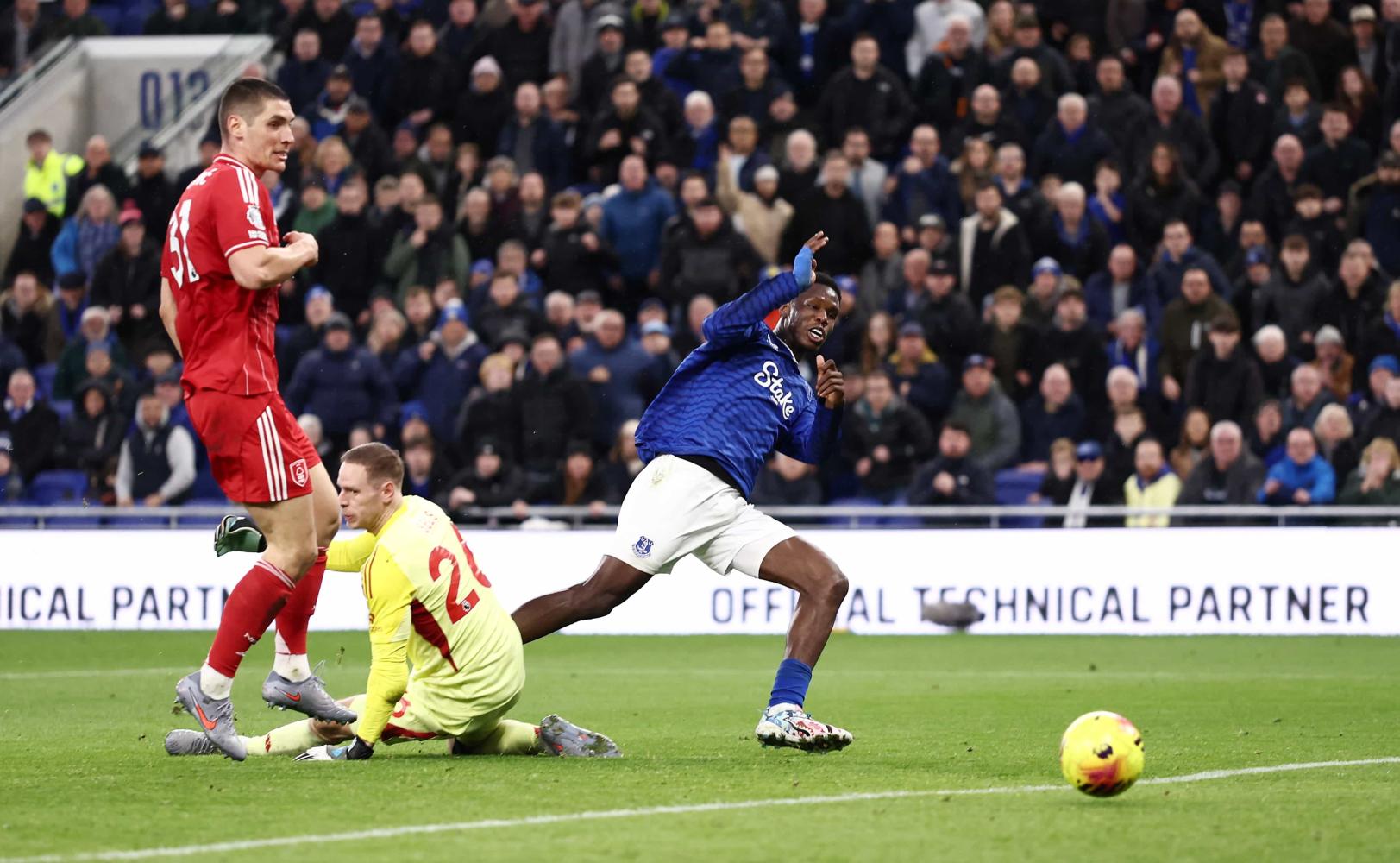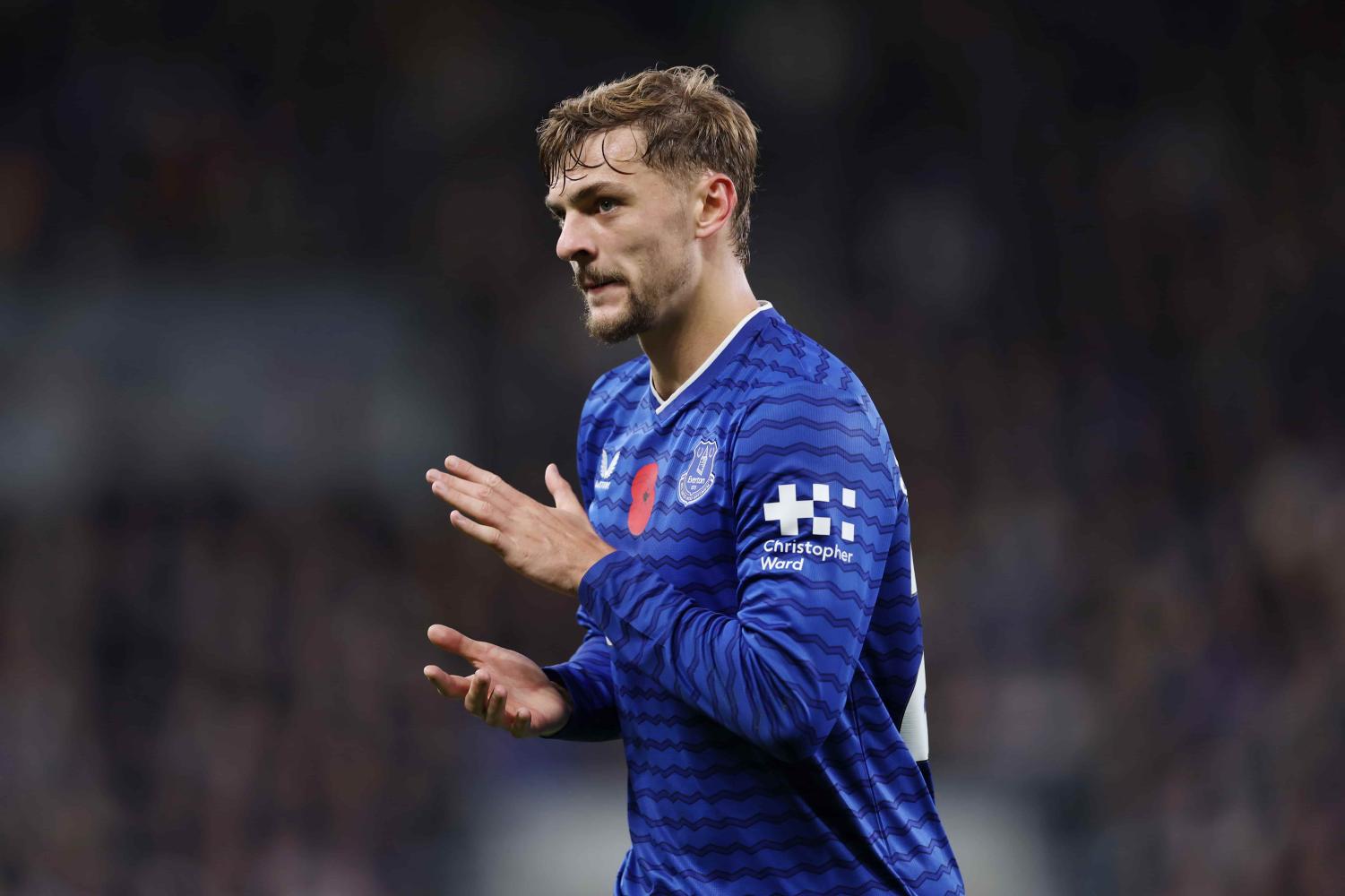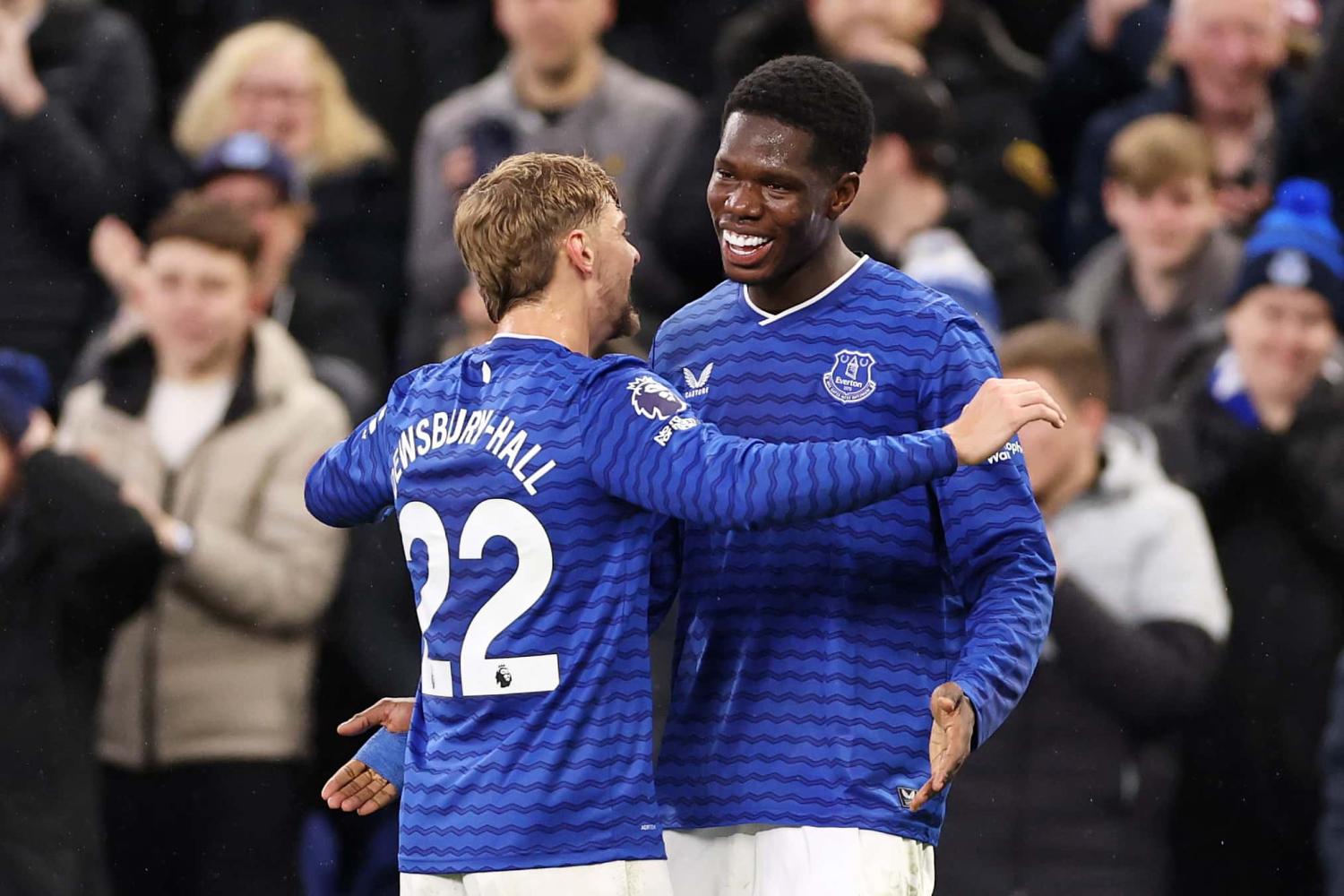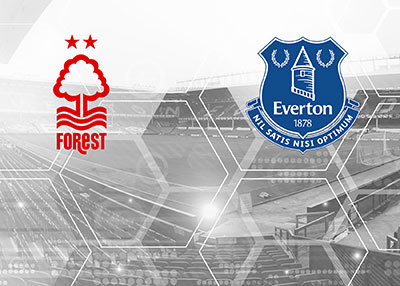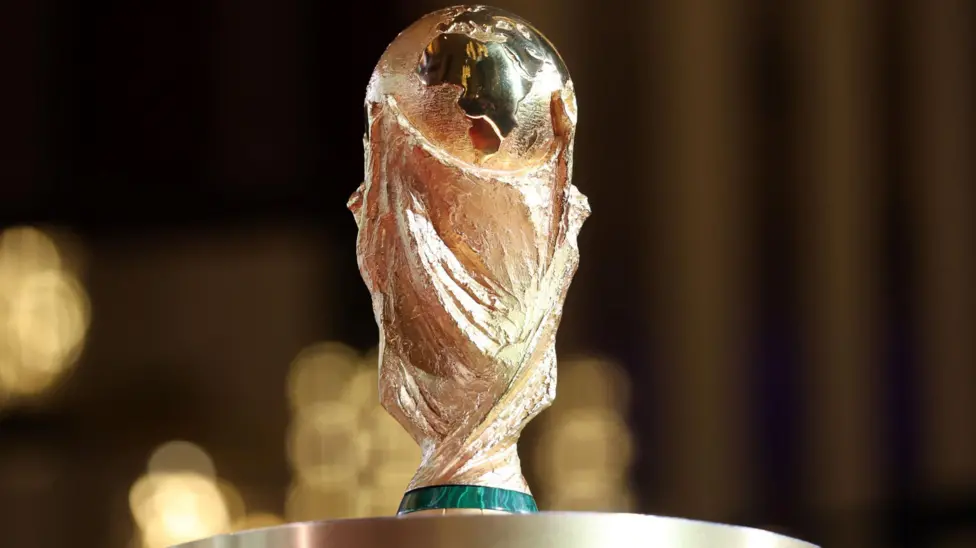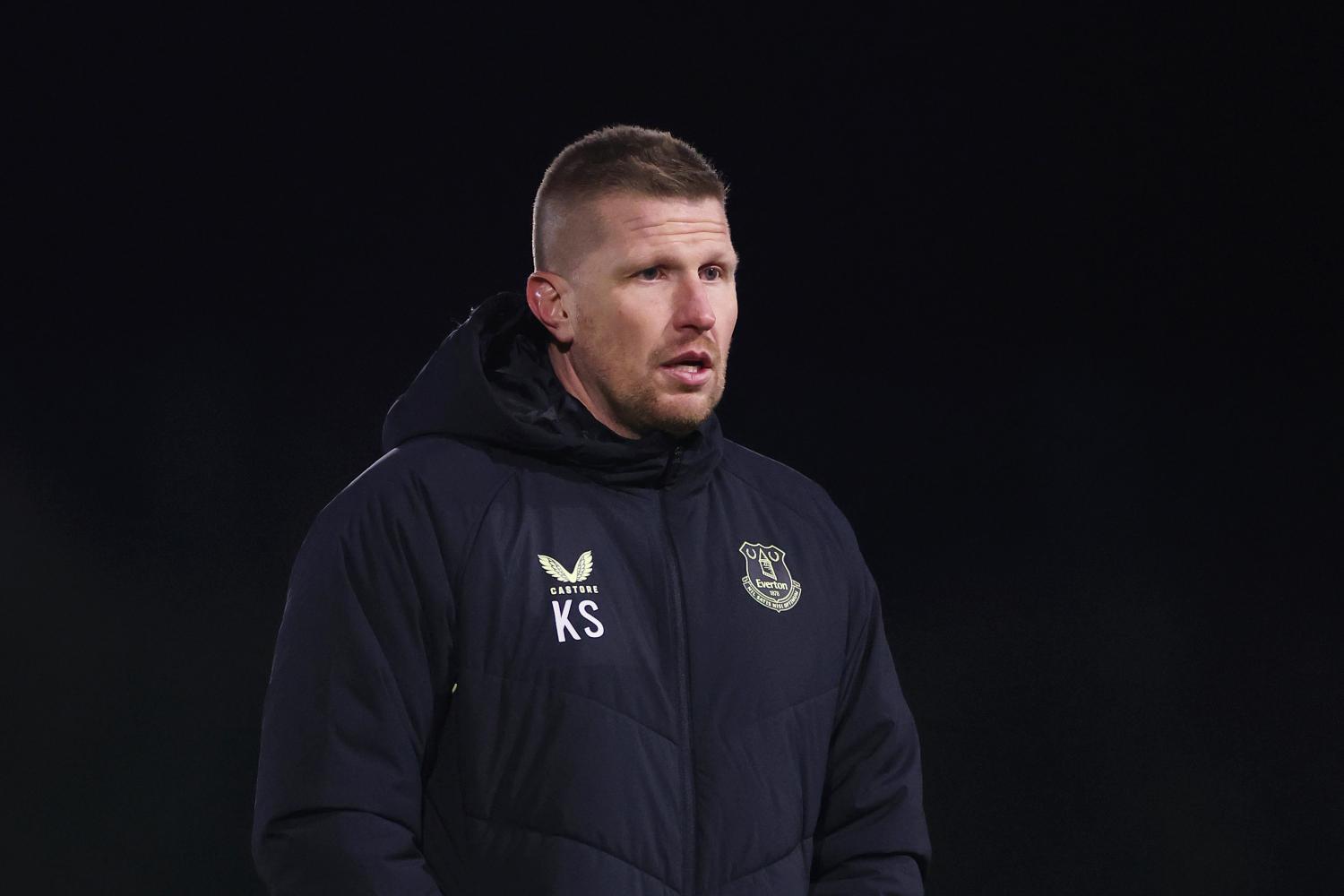Fans Comment
Harry Catterick: The Forgotten Man
Whenever those doyens of journalism have a chance, they love to reminisce about the great managers of the sixties. McIlvanny will wax lyrical about the Scottish triumvirate of Busby, Shankly and Stein; Ken Jones will talk at length about Bill Nicholson and his wonderful Spurs Double team; and you even find people extolling the virtues of Revie and that team of great skill and even greater cynicism that he fashioned in a Rugby League stronghold. But no-one mentions Harry Catterick and the two magical teams he created at Everton Let's put it bluntly: Everton were the most successful team in domestic terms during that decade. They gained more points in the top division than any of the others: Liverpool and Leeds spent the first few years of the decade in the old Second Division; Spurs were great during the one season; and United finished with over fifty less points than Everton over that decade. Everton, Liverpool and United all won two League titles and one FA Cup over the decade. Spurs won one league title and three FA Cups. Everton actually made another Cup Final where they lost in extra time to West Brom. United did, of course, win a European Cup and I accept that that gives them an edge overall... but domestically, Catterick's Everton were kings. What is more, those Everton teams oozed style and class. The team of the early sixties was built around classy, ball-playing defenders like Parker, Wilson, Labone and Thompson; surging mid-fielders like Gabriel, Harris, Kay and Stevens; and exquisite forwards like the incomparable duo of Young and Vernon, who couldn't have weighed twenty stone between them! The team of the late sixties was shaped around that perfect midfield: the law firm of Ball, Kendall and Harvey, allied to the power and excitement of the young, Joe Royle. Harry Catterick, a moderate centre-forward, at Goodison in those depressing seasons immediately after the war, had learned his managerial trade in the lower divisions at Rochdale and Crewe. But it was at Sheffield Wednesday that he began to build his reputation. Wednesday in the fifties had been a yo-yo club, up and down between the top two divisions. Catterick transformed them into a formidable outfit with an outstanding defence, built around Swan and the England goalie, Springett, and a creative midfield, starring Tony Kay and the wonderful Scottish inside-forward, Bobby Craig. They were the only team to push Spurs during their double season, and were the team who ended Spurs' superb winning start to the season. He came to Everton and put steel into the talents that Johnny Carey had assembled � don't forget, it was Carey who signed Young, Vernon and Gabriel. Once that team had won the League in 1962-63, he started the process of rebuilding and when they won the League only seven years later there were only three survivors from the original team: West, Labone and Morrissey. For me, one of the signs of the truly great managers is their ability to create a second team, exactly like Busby and Shankley and later, Clough. Catterick did that. A second sign is that their teams play with that glory that Danny Blanchflower said was the real point of football � not just winning but winning with style. Can anyone dispute that Young and Vernon or Ball, Kendall and Harvey didn't do exactly that? I suspect that the reasons Harry Catterick is not as honoured as he should be lie in the character of the man. He disliked dealing with the media, and basically he didn't. He simply did not talk to journalists, unlike Busby or the loquacious Shankly. But a second reason is the fault line that ran through Catterick's character. His own players did not seem to have a close or warm relationship with the man. They do not talk of him in the way that Greaves and company talk of Nicholson, or Charlton and his colleagues talk of Busby. There are none of the anecdotes about Harry Catterick that illuminate his character as there are of Shankly. Harry Catterick was very unforgiving of his players, a momentary splutter and they were sold. Bobby Collins gave Leeds excellent service when he should have been playing for Everton. Roy Vernon was sold when he was still up there with Law and Greaves as a great striker; Frank Wignall could and should have developed at Goodison into the England player he later became; and most shamefully of all, Ball was sold when all he really needed was a rest after the exertions of the 1970 Mexico World Cup Yet Harry Catterick, for all his faults, was indisputably a great and successful manager whose record compares favourably with the recognized greats of his era: Busby, Nicholson, Shankly and Revie. I just wonder why no-one gives him the credit for the two wonderful teams he created and which lit up the lives of the blue half of Merseyside for that memorable epoch. Rick Tarleton Responses: "Fans Comment" articles are submitted by outside contributors to ToffeeWeb. The views contained therein may not correspond with those of the site owners. Editorial policy
©2005 ToffeeWeb |

